When it comes to selecting the perfect countertop material for your kitchen or bathroom, understanding these differences is essential.
Let’s start with quartzite. Quartzite is a natural stone that is formed when sandstone undergoes intense heat and pressure within the earth’s crust. This process transforms the sandstone into a dense and durable material. Quartzite countertops are known for their exquisite beauty and unique patterns, making them popular for those seeking a natural and elegant look.
On the other hand, quartz countertops are engineered stone surfaces made by combining natural quartz crystals with resins and pigments. This mixture is then compressed and heated to create a solid and non-porous countertop. One of the significant advantages of quartz countertops is the wide range of colors and patterns available. Since they are engineered, you have more control over the design and can find a quartz countertop that perfectly matches your aesthetic preferences.

When it comes to durability, both quartzite and quartz countertops are excellent choices. Quartzite is incredibly hard, scoring high on the Mohs scale of mineral hardness. It is resistant to scratches, heat, and stains, making it suitable for busy kitchens. Quartz countertops, being engineered, are also highly durable. They are non-porous, which means they are resistant to stains, bacteria, and moisture. Additionally, quartz countertops are less likely to chip or crack compared to natural stone options.
Maintenance is another crucial factor to consider. Quartzite countertops require regular sealing to protect them from stains and etching. Liquids like wine or acidic substances can penetrate the surface without proper sealing and cause permanent damage. In contrast, quartz countertops are virtually maintenance-free. They do not require sealing and are easy to clean with mild soap and water.
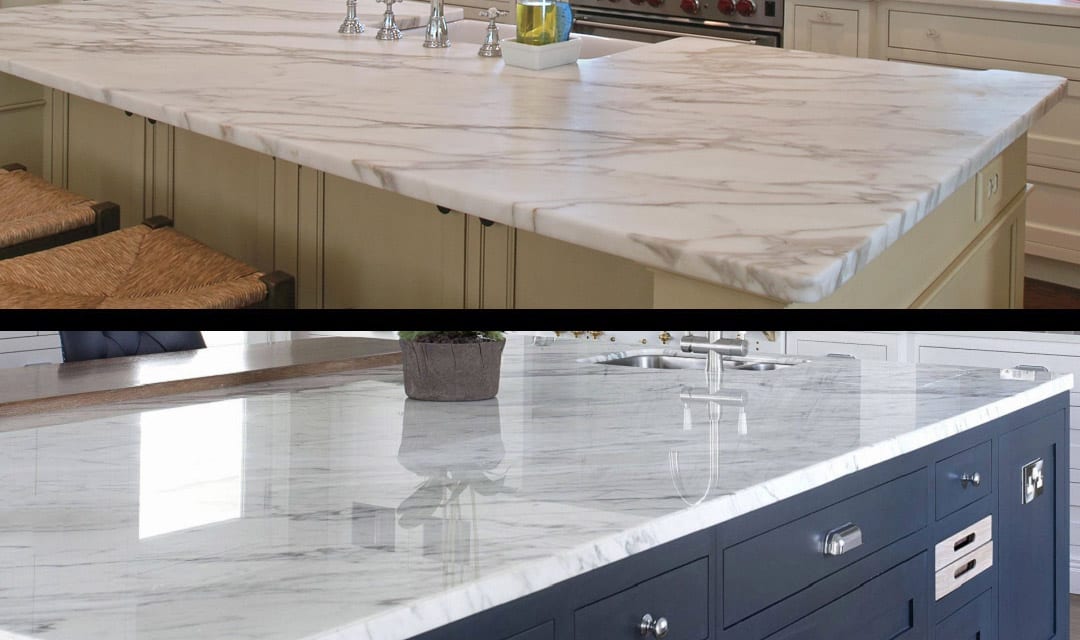
Cost-wise, quartzite tends to be more expensive than quartz. The rarity and natural beauty of quartzite contribute to its higher price tag. On the other hand, quartz countertops offer a more budget-friendly option without compromising on durability and aesthetics.
Ultimately, the choice between quartzite and quartz countertops depends on your preferences, budget, and lifestyle. If you value the unique beauty of natural stone and don’t mind the additional maintenance, quartzite can be a fantastic choice. On the other hand, if you prefer a wider range of colors, low maintenance, and a more budget-friendly option, quartz countertops are an excellent solution.
Remember, both quartzite and quartz countertops have their advantages and are highly regarded in the world of interior design. Take your time, consider your needs, and select the countertop material that best fits your style and requirements. Happy countertop shopping!
Whatu0027s the Difference Between Quartz and Quartzite Countertops?
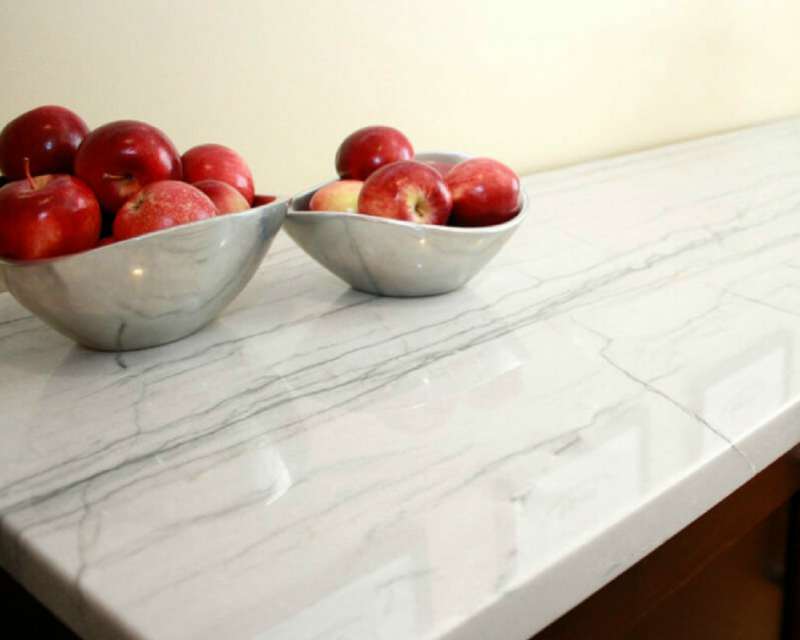
Quartz vs. Quartzite Countertops PLUS Quartzite Pros u0026 Cons
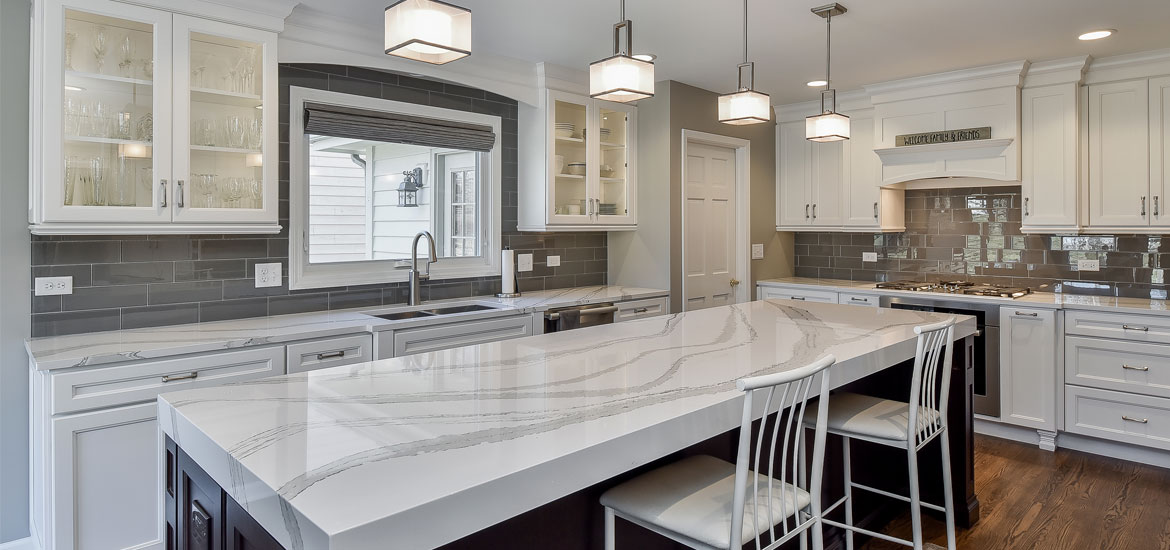
Complete Quartzite Countertops Review Countertop Specialty

Quartzite vs. Quartz Countertops u2013 Your Questions Answered
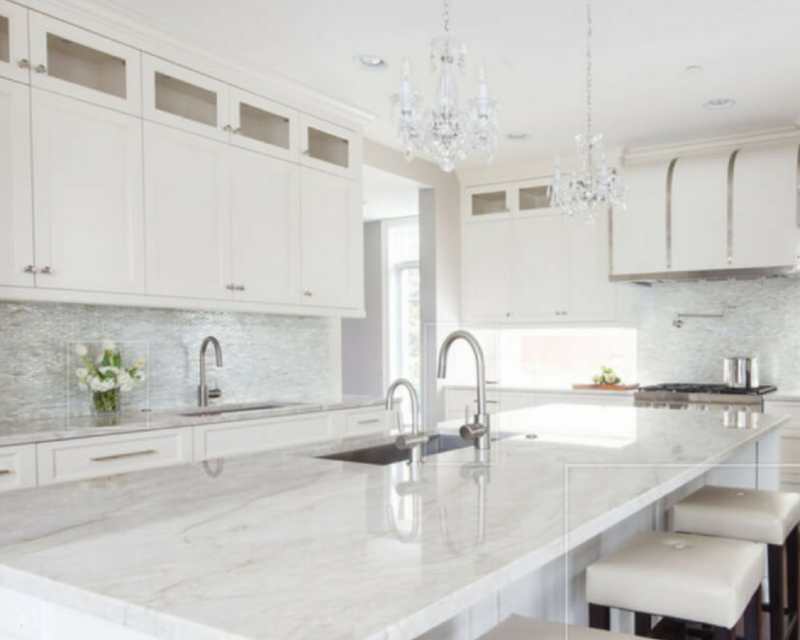
Quartz vs. Quartzite: Whatu0027s the Difference? Menzie Stone Company

The Differences Between Marble, Quartzite, and Dolomite
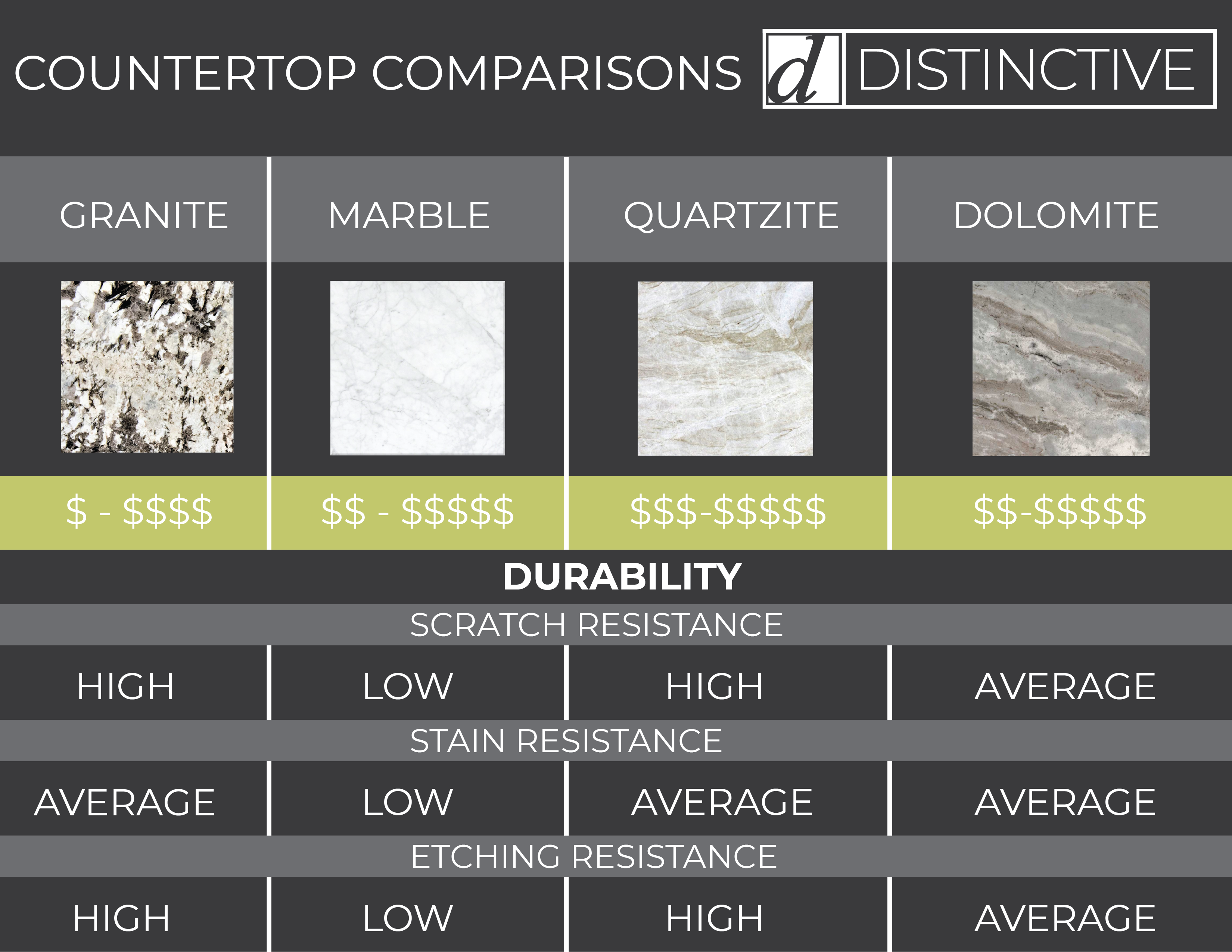
Infographic: Quartz vs. Quartzite Countertops: Whatu0027s The

Quartz vs. Quartzite Countertops CounterTop Guides

Related articles:
- Caesarstone Quartz Countertops
- Quartz Countertops Cleaning
- Quartz Countertops Tile Backsplash
- Beveled Edge Quartz Countertop
- Quartz Countertop Choices
- Quartz Countertop Types
- Grey Brown Quartz Countertops
- Quartz Countertops Pattern
- Quartz Countertops DIY
- Kitchen Island Quartz Countertop
Quartzite vs Quartz Countertop: The Ultimate Comparison
When it comes to selecting the best material for your countertops, quartzite and quartz are two of the top contenders. Both materials are extremely durable and offer an array of color and pattern options, making it difficult to decide between them. Here is a comprehensive comparison of quartzite and quartz countertops that will help you make the best decision for your kitchen or bathroom.
Features
Quartzite is a natural stone composed of quartz grains that have been cemented together over millions of years. It is mined from the earth, cut into slabs, and polished to create a beautiful surface. Quartz is an engineered stone made from ground quartz and resin. It is available in a variety of colors and patterns and is nonporous, which means no sealing is required.
Benefits
Quartzite offers a unique look that adds character to any kitchen space. It is incredibly durable and can withstand high temperatures, making it great for busy kitchens where hot pots and pans are regularly used. It also resists scratching, staining, and etching better than quartz.
Quartz is nonporous, so it won’t absorb liquids or bacteria like natural stone can. It is also very low maintenance and doesn’t require sealing like other stone surfaces do. Additionally, it can be customized to fit any shape or size desired.
Pros and Cons
The biggest benefit of quartzite is its durability and heat resistance, but it does have its drawbacks. Since it is a natural product, it can be porous and therefore require sealing every few years to prevent staining. It is also more expensive than quartz due to its rarity.
Quartz has many benefits such as being nonporous and low maintenance, but it isn’t as heat-resistant as quartzite. Its also not as durable as other natural stones such as granite or marble, so it may need to be replaced sooner than some other materials. Additionally, since it is man-made, the design options are limited compared to natural stone products.
Installation, Care, and Maintenance
Installing either quartzite or quartz countertops requires professional assistance due to their weight and complexity. Once installed both materials require minimal maintenance; however, quartzite will need to be sealed every few years while quartz requires no sealants or special cleaners. Due to its nonporous nature, spills on quartz countertops can be wiped up immediately with no need for additional cleaning or sealing.
Where to Buy?
Both quartzite and quartz countertops are widely available at most home improvement stores or through professional fabricators . Prices will vary depending on the color and size of the material chosen as well as any additional installation costs.
Common Questions & Answers
Q: Which countertop material is more expensive – quartzite or quartz?
A: Quartzite tends to be more expensive than quartz due to its rarity and higher demand in the market.
Q: Is one material more durable than the other?
A: While both materials are extremely durable, quartzite has a slight edge in terms of scratch-resistance, heat-resistance, and overall longevity.
Q: Does one material require more maintenance than the other?
A: Quartz does not require any sealing or special cleaning products while quartzite needs to be sealed every few years to prevent staining and etching.